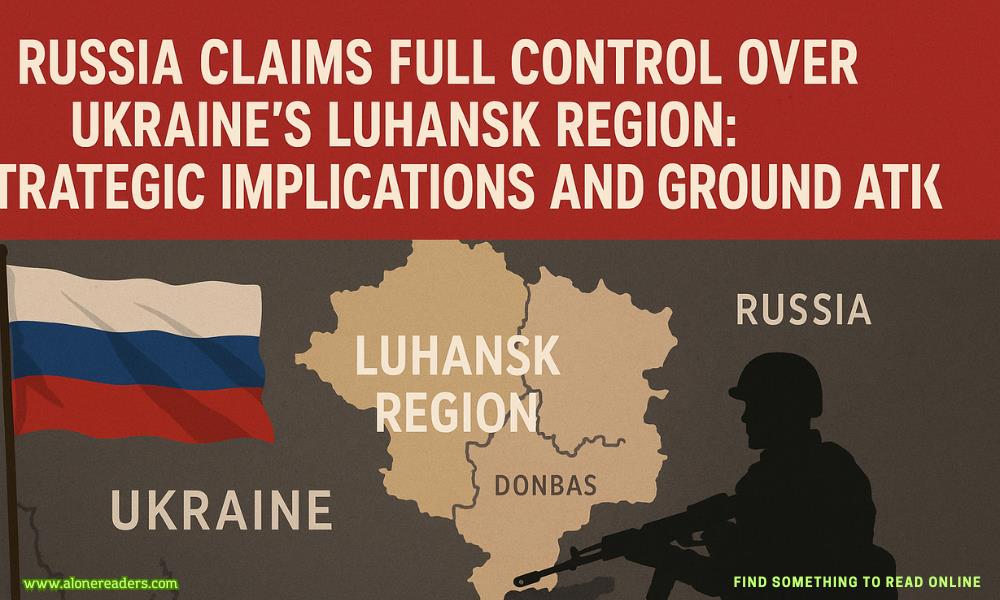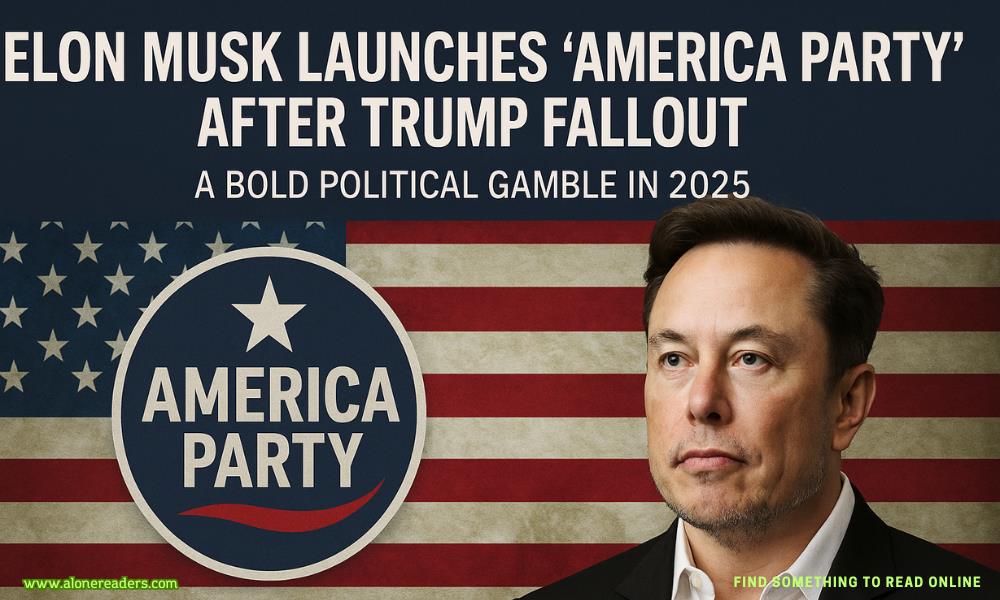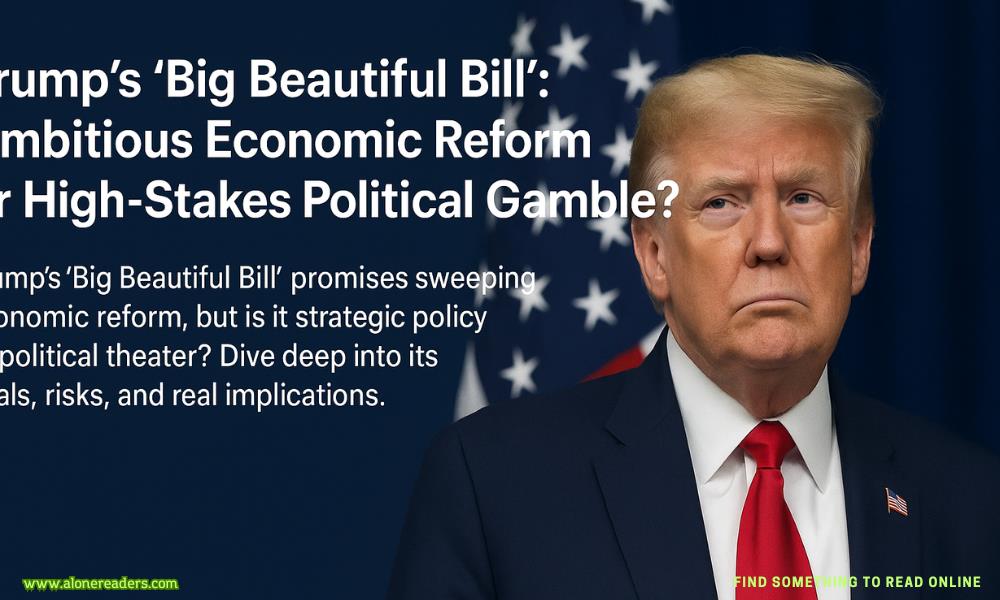Page 96 of Reckless Consequences
“The virus altered genetic markers at a fundamental level,” he explains, his omega scent carrying subtle notes of hope beneath the vanilla. “In my case, it appears to have enhanced reproductive capacities that are typically dormant in male omegas.
The formula essentially unlocked biological code that most designation science claims can’t even exist. And in yours and Finn’s cases, it created designation hybrid markers that appear capable of...” he pauses, color rising in his cheeks, “well, creating viable genetic combinations.
Like our DNA learned to speak languages it shouldn’t understand.”
The idea settles over me slowly—not shock but something closer to wonder. A warmth spreads from my chest to my abdomen, surprising me with its intensity. After everything we’ve been through, the possibility of creating rather than just surviving feels like a radical concept.
“Have you talked to the others about this?” I ask.
“Not yet,” he admits. “I wanted to get my own thoughts clear first. And honestly, I wanted to talk to you.”
“Me? Why?”
“Because you’re the least bound by designation expectations,” he says simply. “You see possibilities where others see limitations.”
I’m touched by his confidence, even as the magnitude of what he’s suggesting sinks in. “It would change everything.”
“Not necessarily,” he counters. “We’re already pack. Already family. This would just be... expanding.”
The afternoon passes in productive rhythm—security systems finalized, renovation progress advancing, pack bonds humming with satisfaction. But Theo’s words stay with me, the possibility he’s opened taking root in my thoughts.
That evening, we gather on the expansive deck overlooking the valley. Theo has prepared something special—the table carefully set with candles, food more elaborate than our usual meals.
“What’s the occasion?” Ryker asks, noting the preparations.
“One month at our new home,” Theo says, smiling. “I thought we should mark the milestone.”
“From crisis to construction,” Finn observes, raising his glass.
“To building something that lasts,” I offer.
“To Pack Locke,” Jinx adds with uncharacteristic sincerity.
We eat under the stars, conversation flowing easily between serious topics and ridiculous stories. As the night deepens, I notice Theo watching us all with a peculiar intensity, as if gathering his courage.
Finally, as dessert is served, he sets down his fork.
“There’s something I’d like to discuss with everyone,” he says, his voice steady despite the nervousness I can feel through our bond.
We all give him our full attention, sensing the importance of whatever he’s about to share.
“Earlier today, I mentioned something to Cayenne,” he begins, looking at me with a small smile. “About the future. About family.”
Ryker straightens slightly, alpha protective instincts engaging even without a specific threat. Jinx’s expression turns curious, while Finn’s mind is clearly already running through possibilities.
“I’ve been thinking about children,” Theo says directly. “About whether it might be possible for us, someday.”
The words land with gentle weight, creating a momentary silence as everyone processes.
“Mona’s research suggests the virus changed us in profound ways,” he continues. “Our designation adaptations might have created reproductive possibilities that shouldn’t exist according to traditional biology.”
“You mean a pack like ours could conceive?” Finn asks, his mind immediately engaging with the concept.
“Theoretically, yes,” Theo says. “The virus rewrote designation markers at a fundamental level. Created new pathways for connection.”
“But male omega fertility rates are extremely low without medical intervention,” Finn points out, though I can see he’s intrigued rather than dismissive.
“That’s true under normal circumstances,” Theo acknowledges. “But our circumstances are hardly normal.” He smiles. “We’ve defied every other designation rule. Why not this one too?”
- Daddy's Accidental Babies by Sofia T. Summers
- Death by Michelle Heard
- Feral by Jenika Snow
- Quadruplets for the Vipers by Tia Quinn
- Beautiful Sinner by Ivy Davis
- Ride Me Cowboy by Clare Connelly
- Bound in Matrimony by Emma Bray
- Calla's Boys by Yolanda Olson
- Property of Anchor by Winter Travers
- Punish Me, Daddy by Sara Fields
- His Mark by Sara Fields
- Filthy and Fierce by Hope Ford
- Vow of Obsession by Lucy Darling
- Veiled Vengeance by Ivy King
- Don't Say You're Sorry by Bethany Winters
- Kingston by Terri Anne Browning







